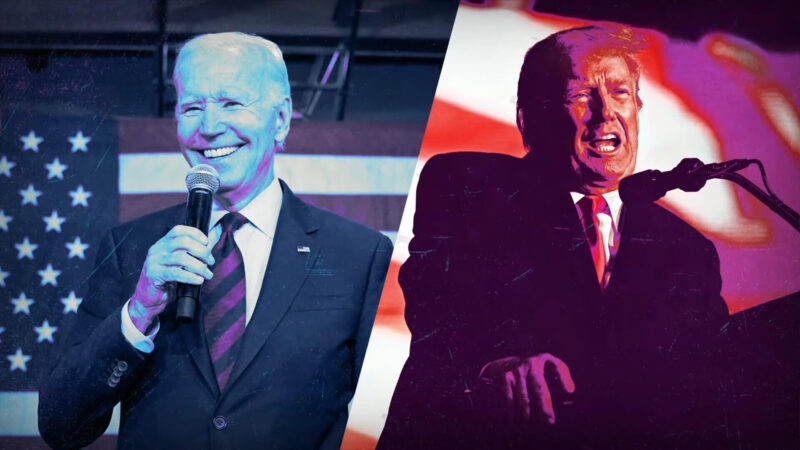Social media isn’t just for sharing memes and vacation pics anymore. It’s a game-changer in the US, seriously influencing how people think about politics and get involved.
Platforms like X, Facebook, and Instagram aren’t just apps on our phones, especially during the campaign. You can use them to share your voice, provide support, spread important insights, and much more.
What They Bring to Organizations?
It’s like a direct chat line between those running for office and the people who will cast their votes.
Sites like X and Facebook have become essential tools for politicians to get their message out quickly and connect with people on a personal level, which is important for any campaign strategy today.
Direct Communication Between Politicians and Voters
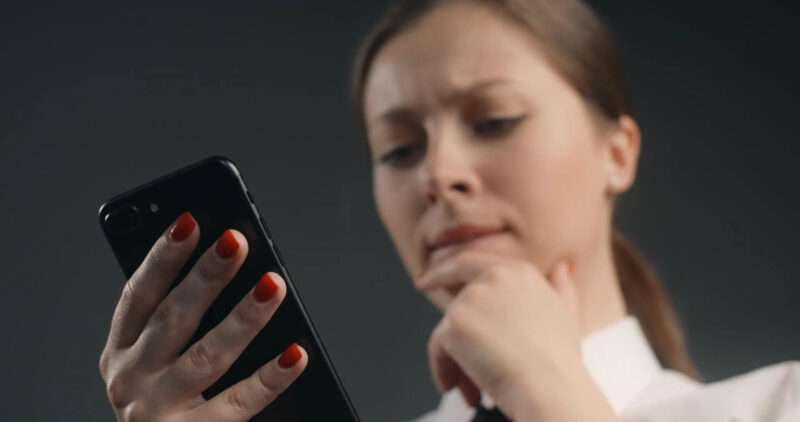
Nowadays, politicians are tapping into social media to dish out the latest news, share a slice of their lives, and even throw in some personal tales straight to us, the people.
It’s like they’ve torn down the old walls that used to separate the big shots from the voters.
And the best part? They get to hear what we think right away, which means they can switch up their game plan on the fly if they need to.
Christopher B. Williams provided a great example of how these platforms are making an influence in his case study about US elections:
Engagement and Mobilization of Voters
Social media is like the new MVP in the political playbook, especially when it comes to getting voters fired up and ready to go. It’s everywhere, giving candidates this supercharged stage to connect with us, the voters, and get us into the whole democracy vibe.
Voter Registration Through Social Media
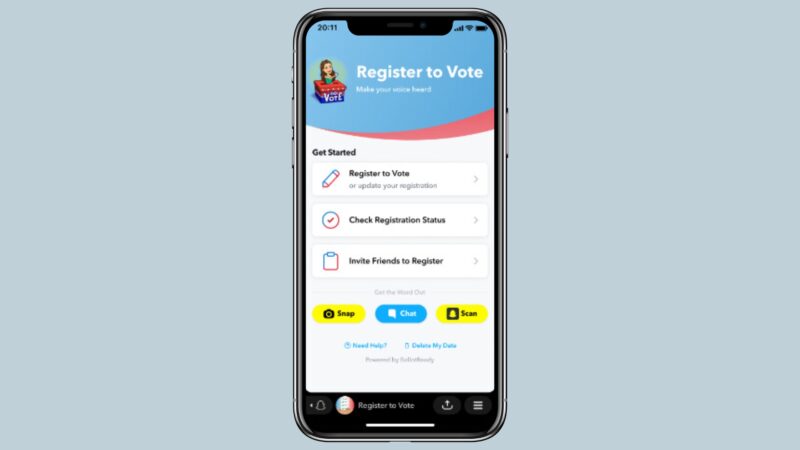
Social media sites are good at figuring out what we like. They use that info to remind us when it’s time to sign up to vote.
This way, the message hits home, and we’re more likely to get on the voter’s list.
I was surprised that even Snapchat got involved in previous elections. You could use it to register as a voter, and even promote your favorite.
Social media platforms often team up with groups that work for the public good to help get more people registered to vote. By working together, they can add handy features right into the social media site, like quick links to sign up or step-by-step guides.
Influencers and celebrities often use their popularity on social media to inspire people to register to vote. With their wide reach, they share videos, posts, and stories that make signing up seem less complicated, tackle usual worries, and encourage their fans to take the step to register.
Higher Voter Turnout
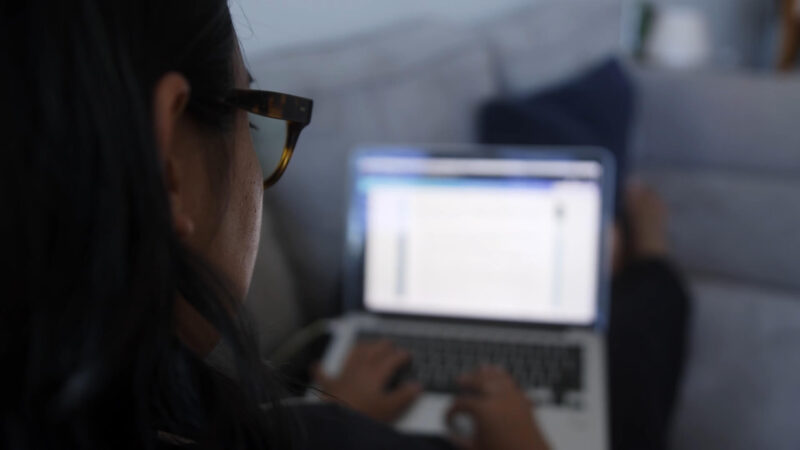
Campaigns can create special pages for events or use ads aimed at specific groups to share all the important info. Like when and where it’s happening and what the event will be like. So more people show up and get involved.
On the day of the elections, your social media is likely to be buzzing with messages telling you to vote. These posts help by giving you tips on where to vote, what ID you need, and when you can vote.
Social media even adds special tools to make it easier, like reminders based on where you are or quick links to find your voting spot.
When people see their friends and family sharing on social media that they’ve voted, it creates a kind of peer pressure. It taps into our natural desire to fit in, which can encourage more of us to go out and vote too.
Impact on New Generations
For many young people, social media is the main place they learn about politics.
These platforms are interactive, which means users don’t just read about politics. They get involved, sharing their views and talking about big issues.
Peter Suciu, a writer for Forbes, highlights the new dimensions brought by younger generations:
Campaigns and organizations tap into social media’s power to address issues important to younger people like climate action, equality, and better schools.
Influence on Public Opinion
Our feeds usually show us things we already agree with, making us feel even stronger about our beliefs. But sometimes, we see different ideas that make us think and maybe even change our minds a bit.
That’s basically a dull representation of the full impact of social media on us.
The algorithms on social media sites are like behind-the-scenes directors. They decide what shows up in our feeds, usually picking stuff that gets a lot of reactions.
This can mean that the more dramatic or extreme posts get the spotlight. It’s like these algorithms can lead the conversation by making some opinions seem louder or more popular than others, which might twist how we see different political topics or people running for office.
But that makes some people concerned.
How Can Viral Content Impact Perceptions?
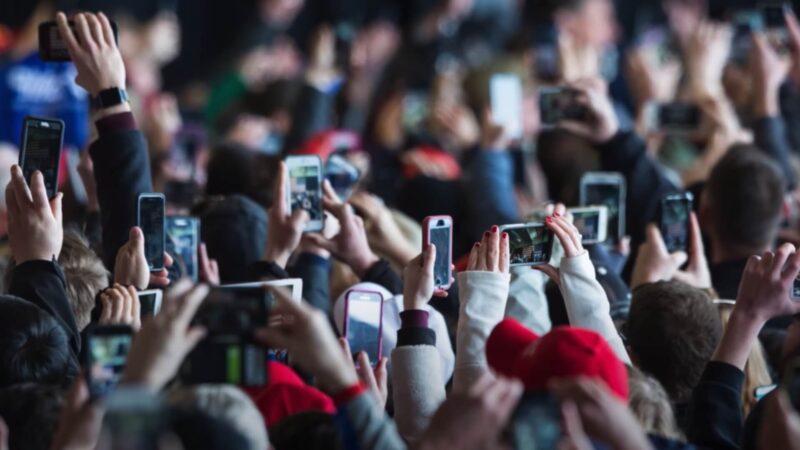
Viral content, like memes, videos, or hashtags, really shapes what we think. It breaks down big political issues into simple bits that are easy to pass around. This makes them powerful for swaying what people think.
Viral campaigns on social media can rally people together for a cause, shining a light on topics that regular news might miss.
Take viral hashtags, for instance. They bring people together, creating a strong sense of unity and action that can push politicians and big organizations to take notice and make changes.
There are Issues
Misinformation on social media can mess with democracy.
When wrong info spreads far and fast, it can twist what voters think and choose, shaking the very foundation of fair elections.
Fixing these false stories is tough once they’re out there, making it hard for everyone to have the real facts during important political talks.
Social media can sometimes feel like we’re just hearing echoes of our own thoughts. That’s because the sites show us more of what we already like or agree with, thanks to their algorithms.
These algorithms focus on keeping us hooked, which can mean we don’t always get to see a variety of different ideas. But it can become a problem when someone is intentionally messing with them to target us with specific information( or misinformation).

